I answered several of a series of her questions about the surgery proposed. Laparoscopy vs open. Potential complications. Expected recovery time. Need for radiation or chemotherapy. We went through it all, thoroughly. I was in there a good 45 minutes. It seemed she was coming around to the idea of having her father cut open, the tumor extracted. And then she said something that put me on my heels.
"Now....you're just a general surgeon, right? Will you be contacting a colon specialist to evaluate Dad for surgery?"
I just sort of stood there for a second or two, bewildered. But because this is not the first time someone has asked me this question over the years I quickly gathered myself. Before, I may have answered defensively. But not this day. I told her:
"Mrs Smith, I am indeed a general surgeon. And I appreciate your interest your father's care. Your love for him could not be more apparent. I assure you, that the surgical procedure I described for you falls well within the scope of my normal practice. I perform a lot of surgery for colon cancer and diverticulitis. And I think my results stack up with anyone around. That being said, I understand where you're coming from. There are some surgeons who do a fellowship in colorectal surgery after general surgery training. Those that do tend to make that an exclusive focus of their practice. I know several terrific ones here in town. I could connect you with one of them if that is your preference. I also would be happy to take care of your father's needs myself. You would get my best. "
She ended up staying at our hospital. The surgery went well and her father had a good outcome. I am a general surgeon and I have always taken great pride in that identity. Some days I have five hernias on the schedule. This past weekend I took out four gallbladders and drained a breast abscess. I see women with abnormal mammograms. I get IV access and manage patients in the ICU. I correct large diaphragmatic hernias. I drain butt pus. I whack out rotten appendices. I biopsy masses and see consults in the ER. I cover trauma call and take out smashed spleens. I operate early mornings and late at night. It is the life I have chosen. I knew what I was getting into.
But I have grown to wonder if the term "general surgeon" means what it used to mean. It started years ago when components of the general surgery repertoire began to fragment and separate from the main body. In the late 90's you were just as likely to have a general surgeon perform your carotid endarterectomy as a fellowship trained vascular surgeon. Nowadays, such a thought is risible. Vascular surgery itself has sort of branched off into its own universe, leaving general surgery far behind. Similarly, general surgeons have ceded much territory in the realm of endoscopy. In many small towns and rural settings, most of the colonoscopies may be done by a general surgeon, but it's rare in a larger city. Thyroidectomies are now being done by "endocrine surgeons". Breast lumpectomies get referred exclusively to "breast surgeons". Laparoscopic hernia cases get sent to the "minimally invasive fellowship trained" guy at the main campus. Melanoma goes to surgical oncologists or "Moh's dermatology surgeons".
In addition to the fragmentation of surgical practice into various specialties and sub specialties, alterations in surgical residency training programs have had unintended, undesirable consequences. The 80 hour work week restrictions, implemented over the course of 2004-2008 have led to a scenario where graduating chief residents are unfit for independent clinical practice. They haven't done enough surgery. They simply haven't spent enough time in the hospital. To wit:
- 80% of graduating surgical residents go on to do a fellowship
- 25% of senior residents report feeling unprepared for independent practice
- Surgical fellowship program directors note that 30% of fellows were not prepared for operative cases and 2/3 could not work unsupervised for extended periods
- Oral board exam failure rates have increased from 15% to 25% since work hour reform was implemented
I consider myself lucky. I trained at a busy residency program in Chicago and I completed most of my training before the work hour reforms kicked in. I graduated with a certain confidence that I would be able to step into a general surgery practice on day one. For me, there was nothing else to aspire to than to be a general surgeon. But with the way the training has evolved over the past 10-15 years I ought not be surprised when a patient asks me why I am not more. Perception is everything. For some reason, the idea of a generalist has become a derisive term. It wasn't always that way. I see myself as the last of a dying breed. I am a general surgeon. There is no shame in that....

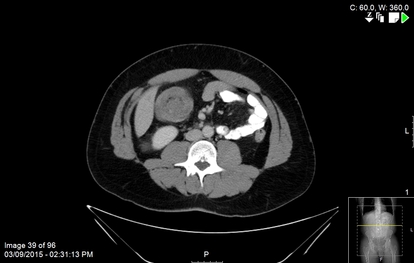
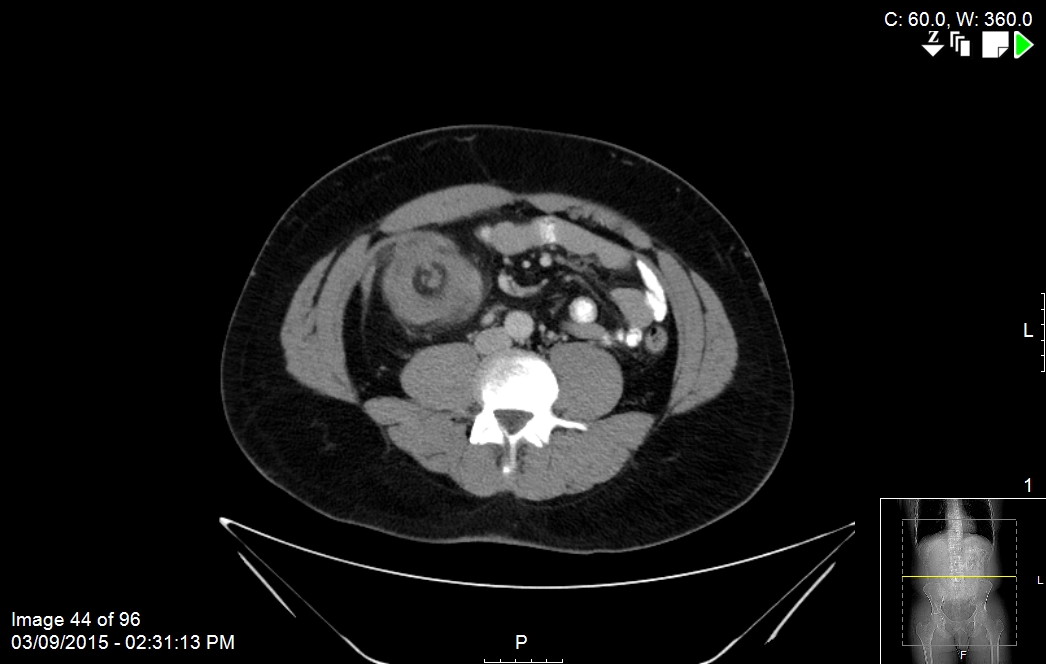

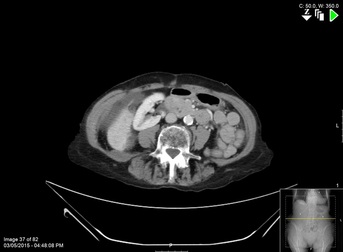
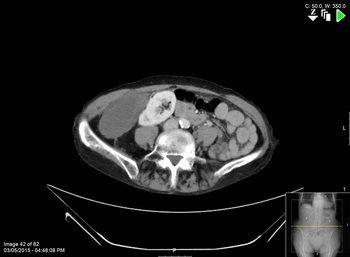
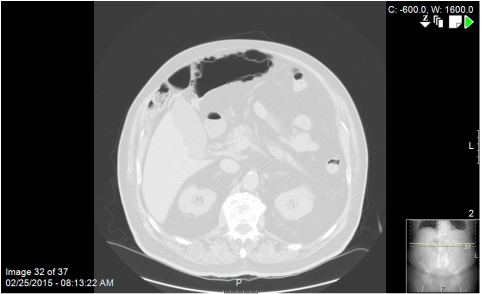
 RSS Feed
RSS Feed